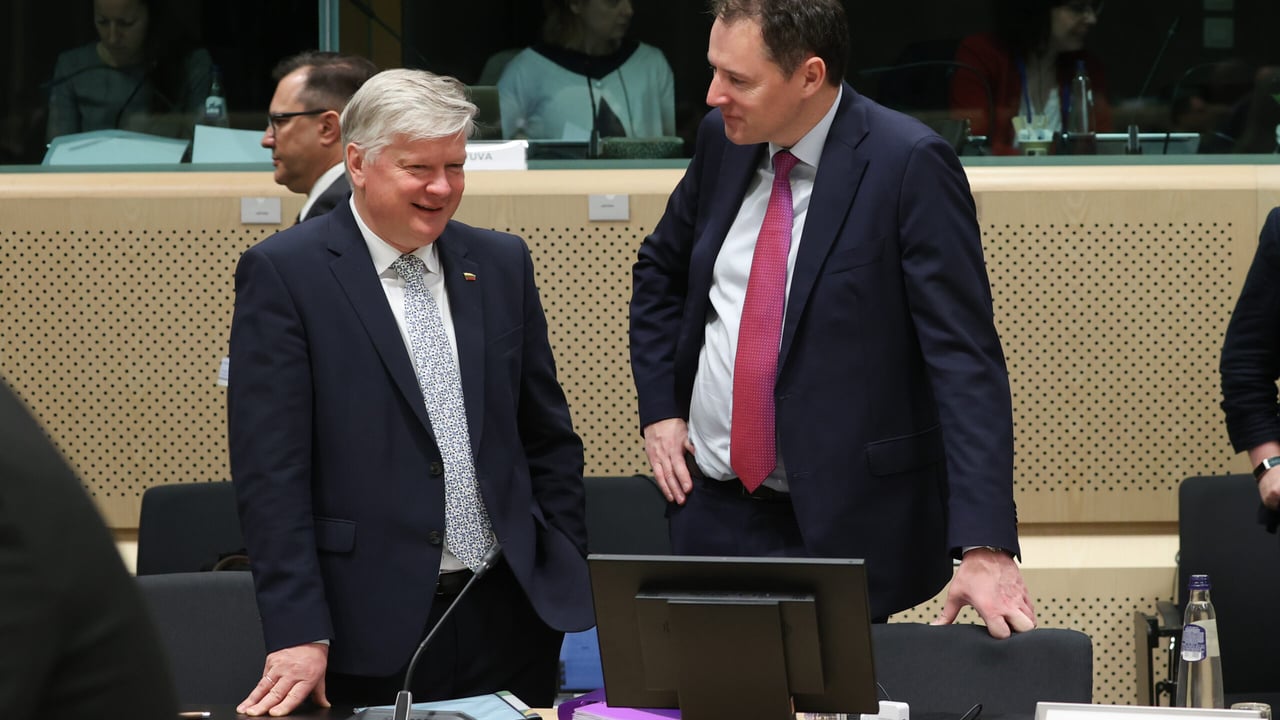Minister: European systems to support farmers need to be 'responsive' in crisis
The Minister for Agriculture, Food and the Marine highlighted the plight of Irish tillage and horticulture farmers in Brussels today (Monday, May 27) as he also warned that support measures for farmers need to be "responsive" in times of need.
Minister Charlie McConalogue said he raised the "challenging situation" that farmers in Ireland have faced in recent months because of challenging weather conditions during a meeting of the Agriculture and Fisheries Council in Brussels today.
"This is something that's being experienced in other parts of Europe as well and it's something I'll be engaging further with the commission in relation to, but I think the big point of discussion today is how we make sure that the systems that are in place at European level can be responsive in times of need and in times of crisis," Minister McConalogue added.
He believes a key requirement for the crisis management framework of the Common Agricultural Policy (CAP), is to "remain as flexible as possible to provide for the most agile response".
"In previous discussions, it has become clear that additional requirements would only serve to restrict us, when a timely decision is the key priority," the minister said.
Minister McConalogue added that having the financial capacity "to adapt is just as important as having the determination to build resilience into the agriculture sector".
“When building resilience, we need to consider the economic status of farming enterprises to avoid widening the disparity between them and society at large," he stated.
During the Agriculture and Fisheries Council meeting in Brussels today agriculture ministers discussed the EU's response to "current concerns" in the agricultural sector.
The council also reflected on the lessons learned from the current situation and "on ways to improve crisis management measures in the future".
Agriculture ministers from across Europe called for "effective crisis management instruments with adequate financial resources", capable of responding in a rapid and targeted way, in order to "complement the existing risk management tools".
They also stressed the importance of making support more "flexible and effective" and allowing member states to support adequate prevention measures, taking into account their particularities and geographical characteristics and without "increasing the administrative burden for farmers".
The council discussions also highlighted that In terms of crisis prevention, key elements included the importance of research, innovation and training, as well as the role of "insurance and reinsurance schemes".
David Clarinval, Belgian deputy prime minister, said the the Agriculture and Fisheries Council's work "to address the concerns expressed by farmers carries on".
"Today we reflected on ways of preventing future crises in the agricultural sector and also on how to tackle them better so as to allow our farmers to focus on what they do best: ensuring food security and bringing high quality food to European tables.
"We will take today's feedback on board with the aim to adopt conclusions on the future of agriculture in the EU by the end of the Belgian presidency," he added.





